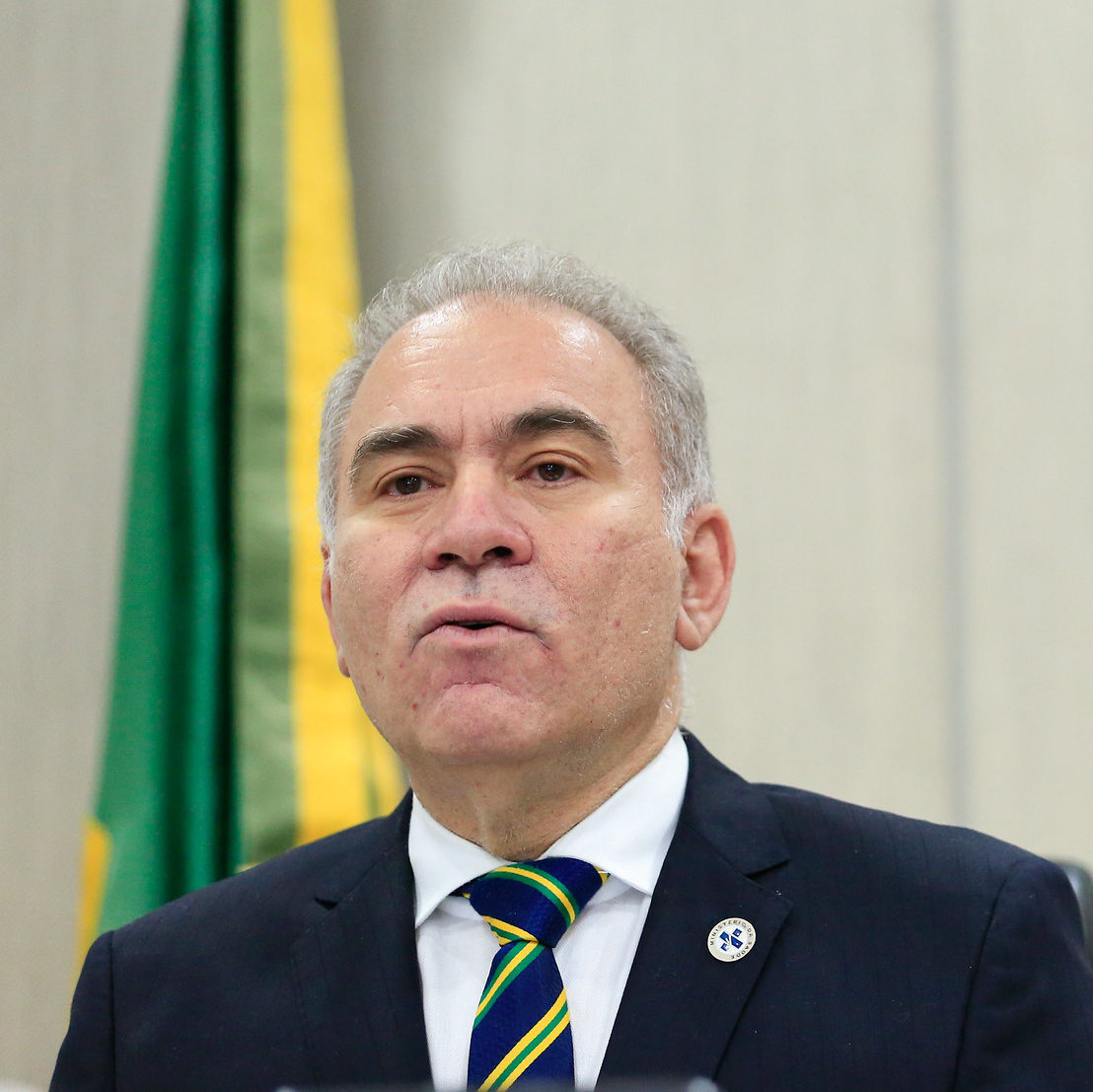
Mr Executive Director of the World Dementia Council, Lenny Shallcross. Ladies and gentlemen, I am honoured to participate in the 2021 Summit of the World Dementia Council.
As in other countries around the world, the Brazilian population has been going through a marked demographic transition. An individual born in Brazil in 2019 is expected to live up to 77 years, on average. This is a valuable social achievement, resulting from improved living conditions increased access to medical services, advances in health technologies, among other determinants.
The aging process of our population has resulted in changes in the country’s demographic and epidemiological profile, which require public health responses based on the new forms of care, especially long-term and home care. In Brazil, our ‘National Health Policy for the Elderly’ establishes a framework for comprehensive and integrated care of the elderly and for active and healthy aging.
The only country with more than 200 million inhabitants to guarantee universal access to health, Brazil, through its Unified Health System (SUS), provides free, comprehensive multidisciplinary treatment for patients with neurodegenerative diseases, such as Alzheimer’s, as well as access to medicines that slow the progression of dementia symptoms.
Ladies and gentlemen, as Signatory of the ‘Global Action Plan 2017 – 2025 on the Public Health Response to Dementia’, Brazil has been contributing to international initiatives on the topic, such as the ‘Global Observatory on Dementia’. We are also on the advisory committee of the STRIDE study, which aims to improve research into dementia, as well as evaluate national strategies for effective and low-cost care in developing countries.
Among the national initiatives promoted by the Ministry of Health in line with the guidelines of the Global Plan, I would like to highlight:
- The elaboration of the Care Guide for the Elderly, which also covers dementia and the translation of the WHO ISupport virtual platform, which seeks to provide specific support for family members and caregivers of people with dementia.
- Efforts for the 1st National Report on Dementia, an unprecedented in Brazil, in partnership with the Federal University of São Paulo, which aims filling an important information gap on the prevalence of dementia in Brazil.
- The usage of the Elderly Health Handbook, used for screening of cognitive complaints in primary care, with benchmarks for evaluating test results to detect cognitive decline and suspected dementia.
- The elaboration of Guides for Geriatric Syndromes in partnership with the Oswaldo Cruz Foundation. The publication aims to guide multidisciplinary teams of primary health care in identifying risk signs for cognitive decline and dementias.
I reiterate Brazil’s commitment to continue making efforts to promote the health of people with dementia and with everyone a productive day of meetings. Thank you very much.
__________
Marcelo Queiroga is the Minister of Health of Brazil